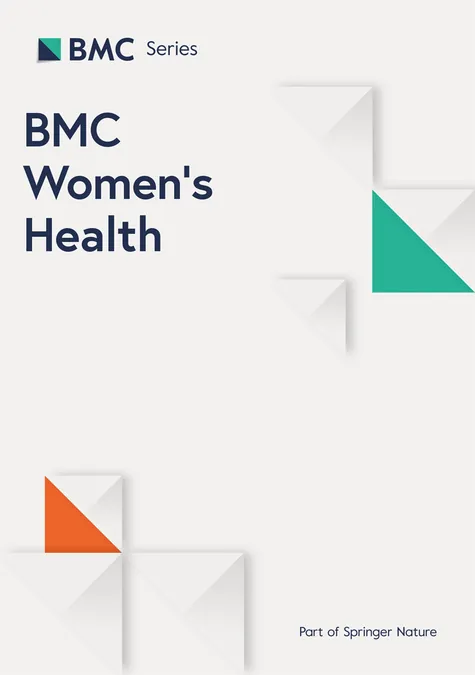
The Hidden Struggles of Cancer Survivors: Time and Logistic Burdens Revealed!
2025-06-02
Author: Siti
A Rising Tide of Cancer Survivors
With groundbreaking advancements in cancer treatments and early detection, the landscape of survivorship is changing dramatically. As of 2022, the United States boasted nearly 18.1 million cancer survivors, a figure projected to soar to 22.5 million by 2032. Among these, breast and gynecologic cancer survivors account for a significant 22% and 8% respectively.
Understanding the Everyday Challenges Faced by Survivors
As the population of cancer survivors grows, delving deeper into their daily experiences becomes paramount. One critical area of focus is the 'treatment burden,' encompassing the comprehensive responsibilities associated with managing cancer care—physically, emotionally, and financially.
The High Cost of Fighting Cancer: Financial Toxicity
Notably, a term gaining traction in recent years is "financial toxicity," which refers to the severe financial strain that often accompanies cancer treatment. Alarming statistics reveal that 42.4% of new survivors exhaust their life savings just two years post-treatment. Factors exacerbating this financial strain include income disparity, marital status, caregiving responsibilities, education level, and systemic biases impacting marginalized groups.
Time and Logistic Burdens: The Overlooked Struggles
Yet, alongside financial toxicity, other burdens remain largely underexplored—specifically, time and logistic burdens. 'Time toxicity' reflects the hours spent managing cancer care, from waiting at appointments to traveling to treatment, disrupting personal responsibilities. Meanwhile, 'logistic toxicity' describes the broader struggle to juggle everyday life amid the demands of cancer treatment.
A Call to Action: The Urgent Need for Awareness
The data reveals that nearly half of cancer survivors prioritize minimizing travel and wait times associated with their care. With a significant correlation between work status, income, and treatment, it's evident that those still in the workforce or living with low incomes express this urgency more frequently. Interventions are necessary to relieve these pressures and improve the overall quality of life for survivors.
Research: Insights from the Frontlines
A recent study surveying patients from the University of Minnesota highlights the stark realities faced by breast and gynecologic cancer survivors. Funding and support for additional research are essential to inform effective interventions that alleviate time and logistic burdens.
Empowering Survivors: The Way Forward
To ensure better outcomes for cancer survivors, a multi-faceted approach is needed. This could involve enhancing telemedicine access, streamlining clinical operations, or implementing patient navigation systems. A strategic focus on minimizing these burdens not only improves survivor satisfaction but also paves the way for a more compassionate healthcare system.
Conclusion: A Collective Responsibility to Address Cancer Care Burdens
As we stand at a pivotal moment in cancer care, it is our collective responsibility to prioritize and understand the myriad burdens faced by survivors. By shining a light on these challenges—beyond mere financial implications—we can create a supportive network that genuinely enhances the lives of those who bravely combat cancer.





 Brasil (PT)
Brasil (PT)
 Canada (EN)
Canada (EN)
 Chile (ES)
Chile (ES)
 Česko (CS)
Česko (CS)
 대한민국 (KO)
대한민국 (KO)
 España (ES)
España (ES)
 France (FR)
France (FR)
 Hong Kong (EN)
Hong Kong (EN)
 Italia (IT)
Italia (IT)
 日本 (JA)
日本 (JA)
 Magyarország (HU)
Magyarország (HU)
 Norge (NO)
Norge (NO)
 Polska (PL)
Polska (PL)
 Schweiz (DE)
Schweiz (DE)
 Singapore (EN)
Singapore (EN)
 Sverige (SV)
Sverige (SV)
 Suomi (FI)
Suomi (FI)
 Türkiye (TR)
Türkiye (TR)
 الإمارات العربية المتحدة (AR)
الإمارات العربية المتحدة (AR)